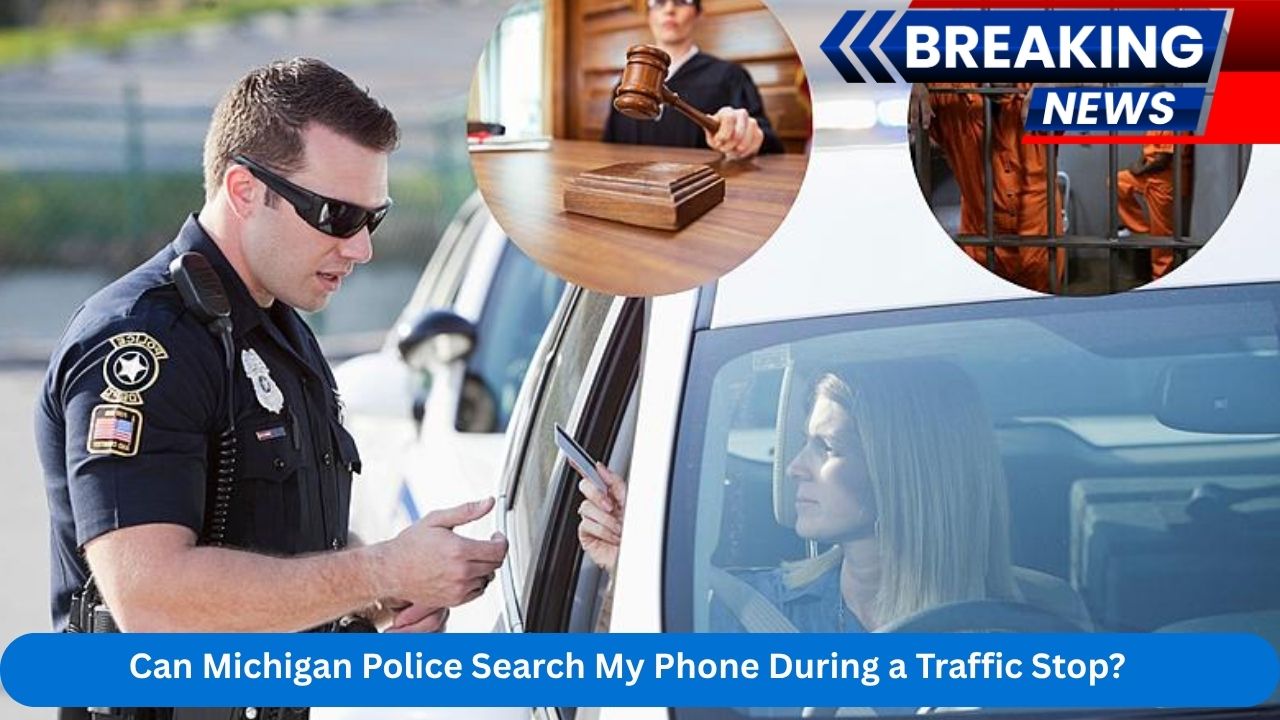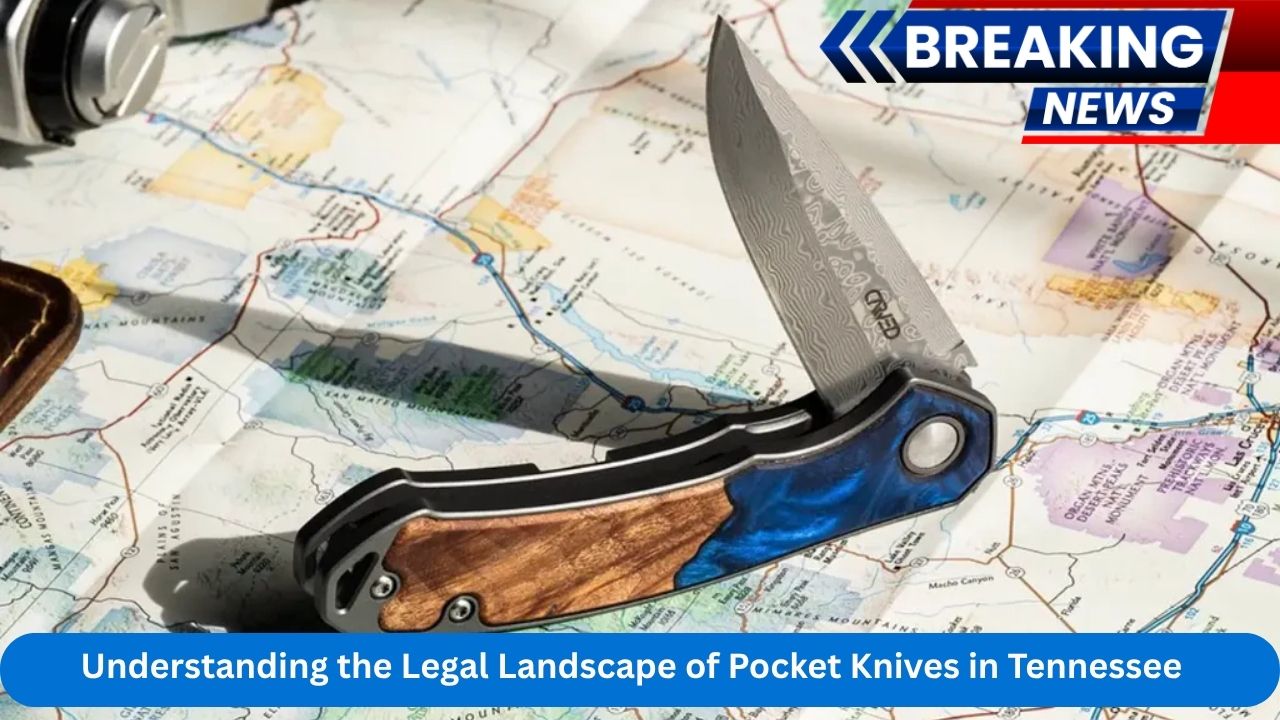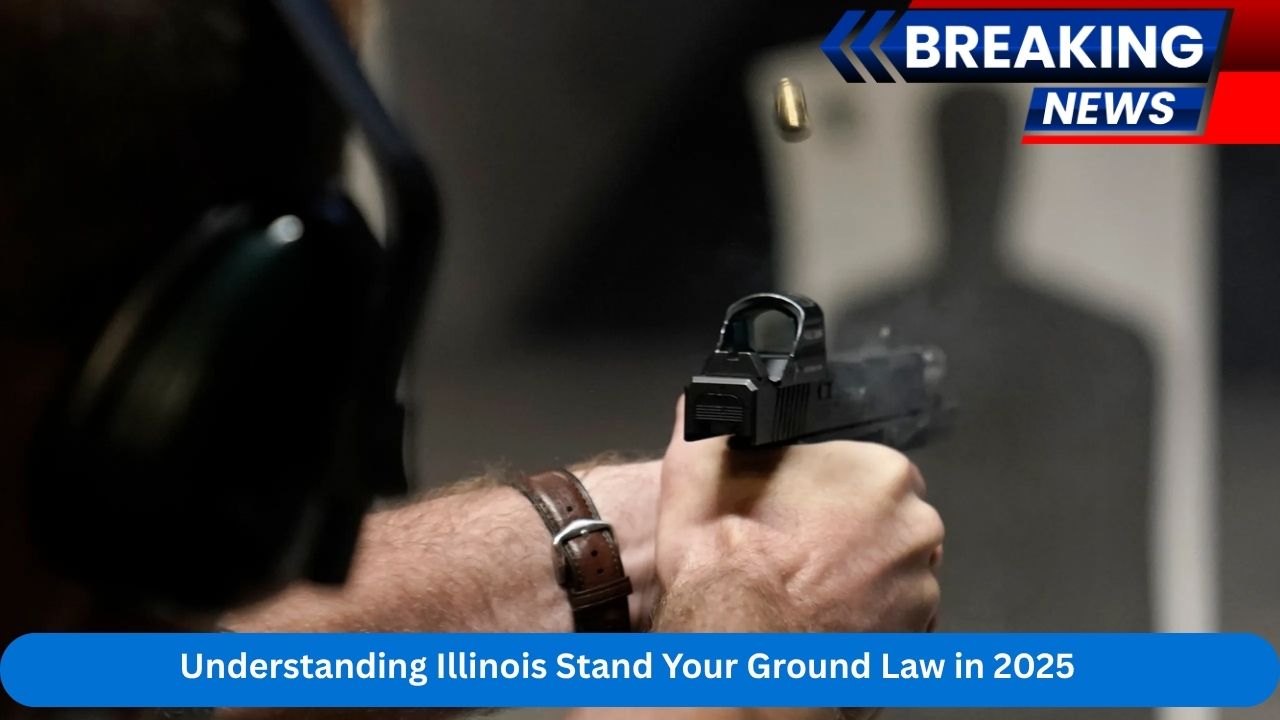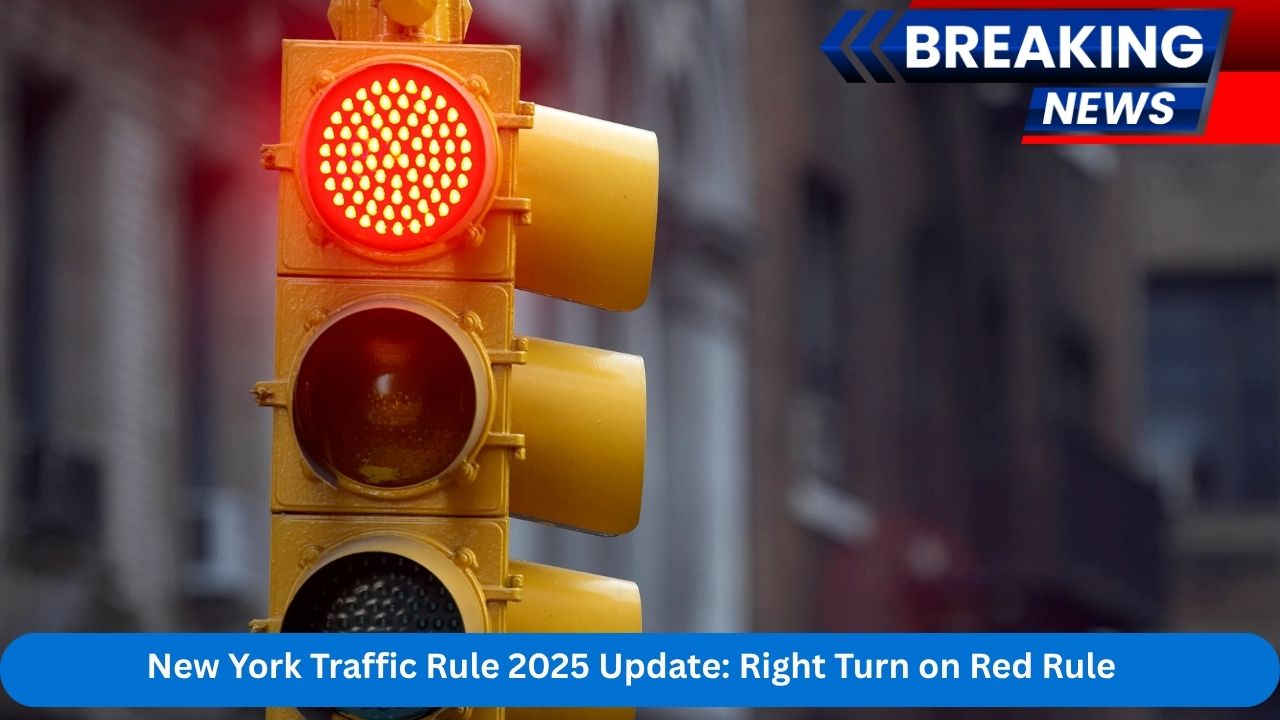Traffic stops are stressful enough—add in the fear that an officer might demand to see what’s on your phone, and things escalate fast. The question many Michigan drivers ask is: can police search my phone during a traffic stop? This article breaks down the law, explains your rights, and shows you exactly what to do if that request ever comes up.
The Foundation: The Fourth Amendment & Michigan’s Privacy Laws
-
The Fourth Amendment: protects against unreasonable searches and seizures—meaning police generally need a warrant or your consent to search you, your car, or your phone.
-
Riley v. California (2014): The U.S. Supreme Court ruled that smartphones require a warrant to search—even after an arrest.
-
Michigan’s own constitution & law: In November 2020, Michigan voters passed an amendment placing electronic data on equal footing with homes under Article 11 of the state constitution. Since December 19, 2020, police must have a warrant (or a valid exception) to search digital devices.
Michigan Traffic Stops: What Police Can & Can’t Do
2.1. Legal Grounds for a Stop
-
Under Whren v. United States, any traffic violation (speeding, failing to signal, distracted driving) provides legal justification for a stop.
-
In Michigan, fines for handheld phone use while driving:
-
First offense: $100 + up to 16 hours community service
-
Second: $250 + up to 24 hours service
-
Third: Driver improvement course required
-
2.2. Searching Your Vehicle
-
Police need probable cause (a specific reason to believe there’s crime evidence) or consent to search your car.
-
Michigan Supreme Court (2025) ruled that the odor of marijuana alone is not enough for a warrantless search—so sniffing pot smell isn’t sufficient grounds to search your car.
Your Phone at a Traffic Stop
3.1. Can They Demand Your Phone?
-
No, unless they have your clear consent or a warrant.
-
You can say: “I do not consent to searches of my phone.”
-
Police cannot compel you to hand it over or unlock it without consent or a legal order.
3.2. Exceptions That Could Apply
-
Consent: If you say yes, they can proceed.
-
Exigent circumstances (rare): emergencies like imminent threats or risks of evidence destruction.
-
Arrest: If you’re arrested, police have limited scope to search—only what’s necessary for their safety or to preserve evidence. Yet full phone searches still require a warrant.
Arrested During a Stop: What Changes?
-
Once placed under custodial arrest, officers can search your person and items within reach for weapons or evidence—this includes your phone, but only to secure it, not to comb through its contents.
-
Under Riley, any search of data (photos, messages, apps, logs) still requires a warrant, even post‑arrest.
-
Michigan courts reinforce: phone data has high privacy protection—warrant needed unless limited exception applies.
Not Arrested, But Asked to Unlock Your Phone
-
Officers may ask you to unlock it. You are not legally required to comply.
-
Many privacy‑rights advocates recommend using PINs instead of biometrics to avoid forced unlocking under duress.
-
Clearly state your refusal: “I do not consent to unlock or access my phone” is sufficient.
What If Evidence Is Illegally Obtained?
-
If police search your phone without a valid reason and discover evidence, you can file a motion to suppress that evidence in court.
-
In Michigan, courts require warrants to be particular and limited—no blanket searches.
-
Recent case in Michigan Supreme Court (People v. Carson) highlights that overbroad digital warrants risk evidence exclusion and even overturned convictions.
Best Practices for Michigan Drivers
7.1. At the Stop
-
Stay calm and polite. Roll down your window and keep hands visible.
-
Provide license, registration, and insurance when asked.
-
If asked to search your phone or car, calmly say “I do not consent to a search.”
7.2. If They Press You
-
Ask: “Am I being arrested?” If not, you can ask: “Am I free to leave?”
-
Under Michigan law, drawing clear lines helps protect your rights.
7.3. If Arrest Happens
-
Say: “I wish to remain silent and speak with an attorney.”
-
Do not unlock your phone or provide access until you have legal counsel.
Real‑World Stats & City Examples
-
Detroit: Over 15,000 distracted driving crashes in 2022 across Michigan led to nearly 6,000 serious injuries and 57 deaths statewide—highlighting heavy enforcement of phone‑use laws.
-
Like Detroit, cities such as Grand Rapids, Lansing, and Ann Arbor have stepped-up enforcement under a statewide “hands‑free” law (in effect since June 2023).
-
Law enforcement has used unmarked “spotter cars” (“Ghost Rider” initiative) to catch handheld device violations—mirroring enforcement techniques in states like Pennsylvania.
Know Your Rights & Assert Them
-
You have the Fourth Amendment right to refuse searches without a warrant or strong legal basis.
-
Know the distinction between consent, probable cause, warrant, and exigent circumstances.
-
Clearly decline searches, ask questions, remain silent, and request a lawyer.
-
Document the incident (when possible) and consult an attorney if you’re unsure whether your rights were violated.
Conclusion
Driving through Wayne, Oakland, or Macomb counties? Michigan’s laws strongly protect the digital data on your phone under both the U.S. Constitution and recent state amendments. During a traffic stop, police cannot search your phone without your consent or a warrant—nor can they force you to unlock it. Know your rights, assert them respectfully, and seek legal help if needed. Stay safe on the roads—and on your digital privacy.
Appendix: Quick Reference Table
| Scenario | Police Need… | What You Should Do |
|---|---|---|
| Pull-over for speeding or red light | Reasonable suspicion only | Provide documents, remain polite |
| Ask to search vehicle | Probable cause or your consent | Politely refuse if no legal grounds |
| Ask to see/unlock your phone | Warrant or your consent | “I do not consent” |
| Arrest you | May secure the phone—but not data | Ask for lawyer, refuse unlocking |
| Invite to search phone contents | Warrant required | Refuse; file to suppress if necessary |












Leave a Reply